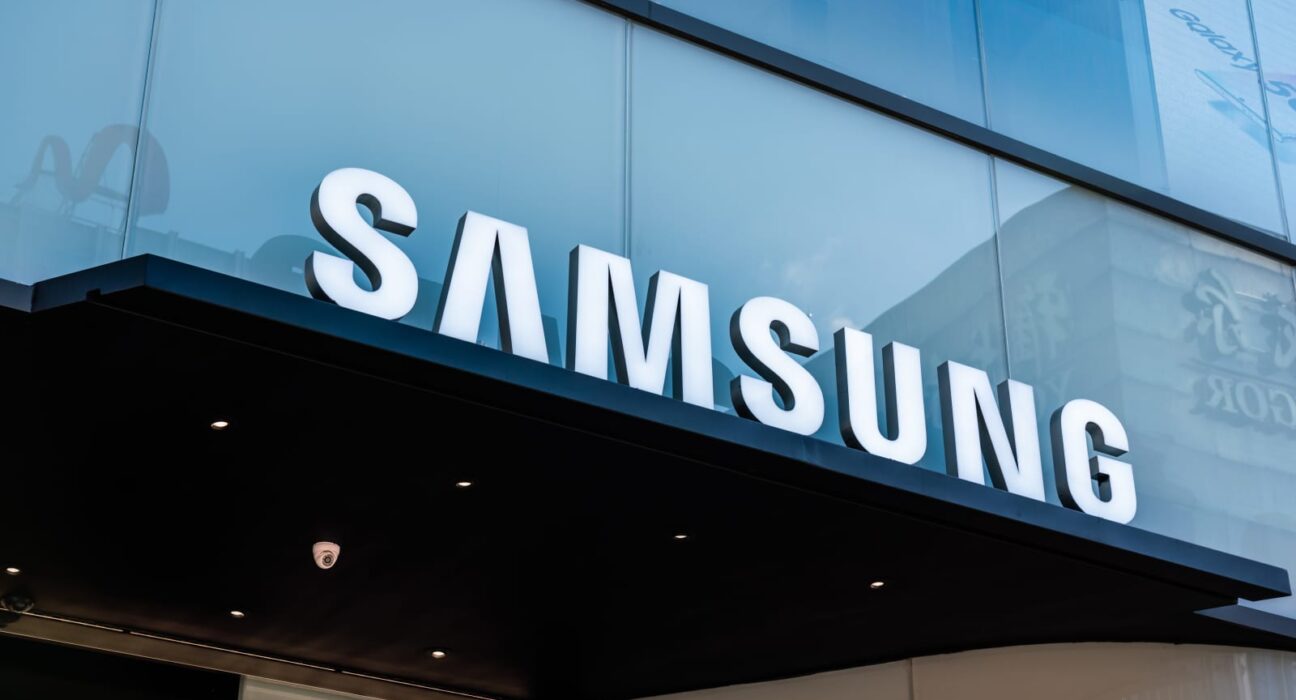Samsung can lose its PLI benefits for the first year due to billing concerns.

Samsung Electronics may have to forgo its sops for the inaugural year of India’s ambitious production-linked incentive (PLI) scheme for smartphone manufacturing due to what government officials said were ‘discrepancies in invoicing’. The Korean major said it is in “advanced” discussions with the government for redressal on the issue.
In August 2021, the Korean electronics major had claimed a total of Rs 900 crore as incentives for achieving Rs 15,000 crore worth of additional sales in the fiscal year 2021, over the year before. For claiming the sops, it had to produce handsets with a factory cost of more than $200 (around Rs 15,000). However, the Ministry of Electronics and Information Technology (MeitY) found “some discrepancies in the company’s invoices” and had withheld the payout, officials said.
A representative for Samsung, which recently regained its position as India’s largest smartphone brand, said that discussions with the government on the matter are ongoing.
“They had some issues in valuations of their invoices. Now their invoices are very accurate, and they are being verified. But what is gone is gone for the first year,”
“The company has since rectified its bills, and the incentive payouts beginning from the second year of the PLI scheme — fiscal year 2022 — will start soon,” according to a second official in the know of the matter.
Other global manufacturers such as iPhone-makers Foxconn (Hon Hai) and Wistron, as well as homegrown companies such as Dixon Technologies, have already received their sops for FY22.
‘No Queries on Investments’
“We are currently in an advanced stage of discussions with the government of India on the incentive payout. Samsung has been a committed partner of India for over 26 years. As the leading smartphone player, we have been working closely with various stakeholders to make the PLI scheme a success,”
The IT ministry had also mandated that companies, both domestic as well as foreign, must also make certain investments to qualify for the sops under the PLI scheme. The ministry had not raised any queries regarding Samsung’s investments, officials said.
The mobile handset PLI scheme started in August 2020, with an outlay of Rs 40,951 crore over five years. It offers graded incentives or cashbacks that are worth 6% of incremental sales of goods achieved over base year for the first and the second year. In the third and fourth year, the incentives are pegged at 5% while it drops to 4% in the fifth year.
In the case of Samsung, the 6% cashback translates to Rs 900 crore.
To qualify for these sops, global companies such as Samsung need to invest a minimum of Rs 250 crore in the first fiscal, and similar amounts in each of the next three fiscal years, and produce incremental goods (mobile phones with invoice value of Rs 15,000 and above) worth Rs 4,000 crore, Rs 8,000 crore, Rs 15,000 crore, Rs 25,000 crore and finally Rs 50,000 crore in five successive years.
To get the same incentive, Indian handset makers need to invest Rs 50 crore each in the first four fiscal years and produce Rs 500 crore of incremental sales for each of the five fiscal years.
Apart from Samsung, no other global company could meet the incentive target of the PLI scheme for the first year, FY21, due to the Covid-19 induced lockdowns that triggered widespread disruptions in supply chains for electronics manufacturing. India then decided to extend the tenure of the PLI scheme to six years from the originally planned five. All companies were given the option to choose any of the five years during the six-year tenure to meet the targets and claim financial incentives.
Samsung had chosen to start with the original year of FY21.
Experts are of the view that Samsung has an advantage over rivals because of installed capacity at its Noida factory. In addition, it sources supplies from South Korea rather than from China. These were the key reasons why the electronics giant was able to achieve the first-year targets while rivals were unable to.
In the first year of the PLI scheme, Samsung started manufacturing high-value phones in India, while outsourcing the production of lower-segment phones to contract manufacturers. This helped the company achieve its targets and qualify for the sops.
In addition to Samsung, other global companies approved for incentives were Taiwanese major Foxconn (Hon Hai) and Rising Star as well as iPhone-makers Wistron and Pegatron. The rest of the approved applicants include homegrown companies such as Dixon, Lava, Bhagwati (Micromax), Padget Electronics, UTL Neolyncs and Optiemus Electronics.







